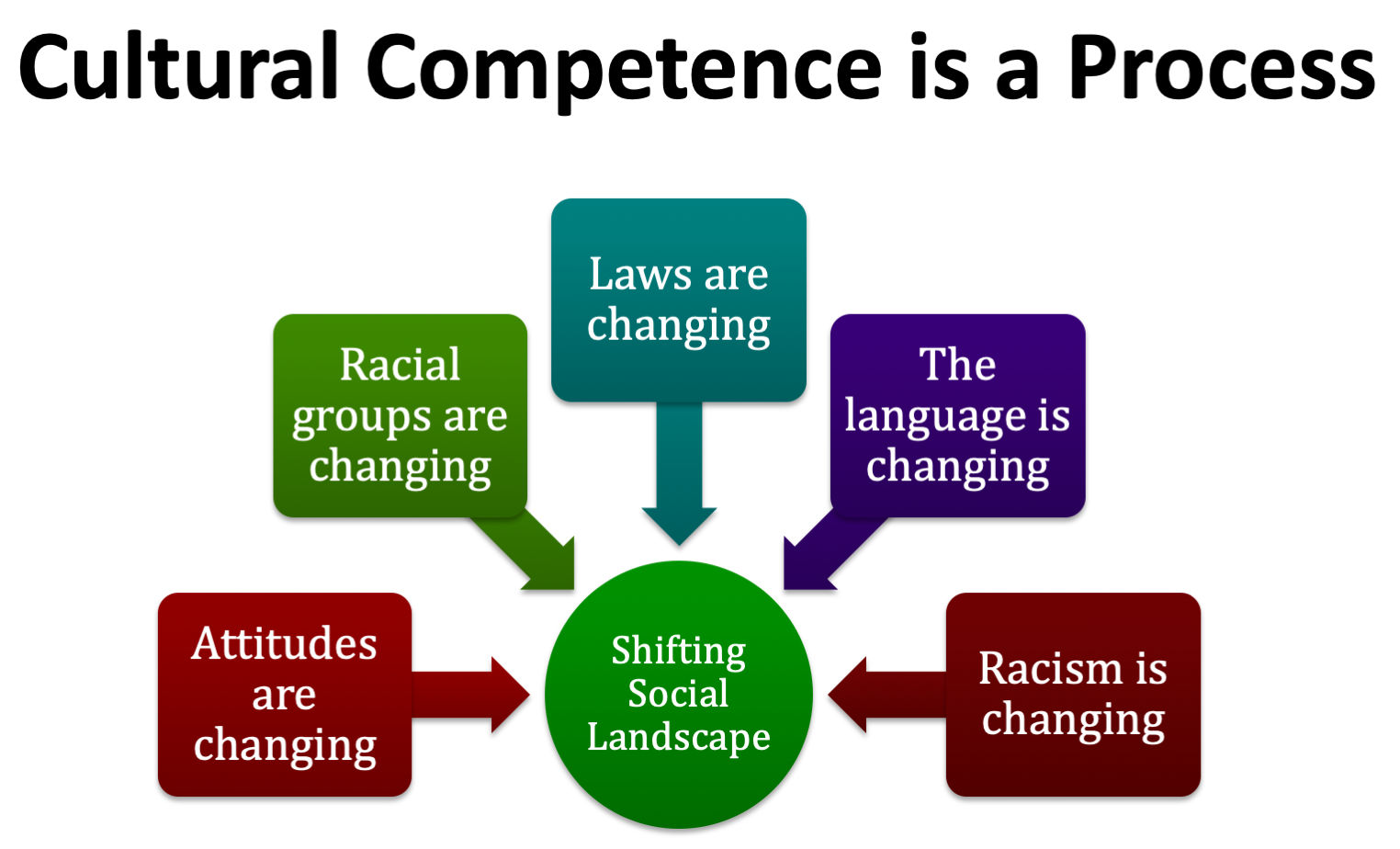Culturally-Informed Care
Clinical Supervisors: Increasing Diversity Knowledge
Many supervisors do not have current training in diversity issues. Consider that previous generations of psychologists received no diversity training at all, making them unprepared to teach diversity material to others. Further, early diversity education was focused on learning about norms for different ethnic groups, with very little emphasis on the mental health impact of racism, implicit bias, cultural humility, or the importance of doing reflective internal anti-racism and anti-colonialization work.

As a result, supervisors may not know how to identify or appropriately address biased actions committed by clients or others. For example, one trainee sought support from their supervisor related to microaggressions and bigoted remarks committed by a client against another ethnic group. The supervisor said that these remarks were not relevant to address unless related to the client’s presenting problem. However, to support the pro-social development of clients, all acts of verbal aggression should be examined as important potential targets for clinical intervention.
Resources for Clinical Supervisors
Williams, M. T., & La Torre, J. (2022). Clinical supervision in delivery of CBT across race, ethnicity, and culture. In E. Storch, J. Abramowitz, & D. McKay (Eds.), Training and Supervision in Specialized Cognitive-Behavior Therapy: Methods, Settings, & Populations (pp. 265-287). American Psychological Association Press. ISBN: 9781433835834
Williams, M. T., McWilliams, J., & Abdulrehman, R. Y. (2023). Antiracist supervision and training: Bringing change to mental health care. The Clinical Supervisor, (42) 2, 237–247.

Cultural Competence in Mental Health Care
Although high-quality mental health care is essential for all clients, therapist trainees may lack adequate foundational training in diversity issues impacting their clients of color. For example, while many graduate programs require various electives in different areas of psychology, not all require diversity coursework. Newly implemented national training standards have attempted to address this issue, however, the quality of such training varies. As such, we have been working improve the ability of clinicians to deliver anti-racist mental health care.
- Anti-Racism Training and Practice
- Cultural Humility and Respect for Different Ways of Knowing
- Understanding Different Cultural Worldviews and Practices
Our research explores the intersection of culture, race, and mental health, with a focus on understanding diverse lived experiences and fostering equity. We examine the role of socio-cultural factors in mental health, investigating how race, ethnicity, and culture influence outcomes and developing validated measures to capture these constructs accurately.
Our investigation into emotions with Dr. Allison Ouimet seeks to develop a culturally-informed framework for understanding emotion regulation, drawing on international expert consensus to synthesize knowledge that can guide global mental health practices. Our research on immigrants and refugees highlights the unique mental health challenges faced by these populations, emphasizing the need for culturally-sensitive approaches to care. Finally, in our work on racial justice allyship, we critically assess the role of White individuals in supporting racial justice, questioning whether genuine allyship is a practical reality or yet an idealized concept.
